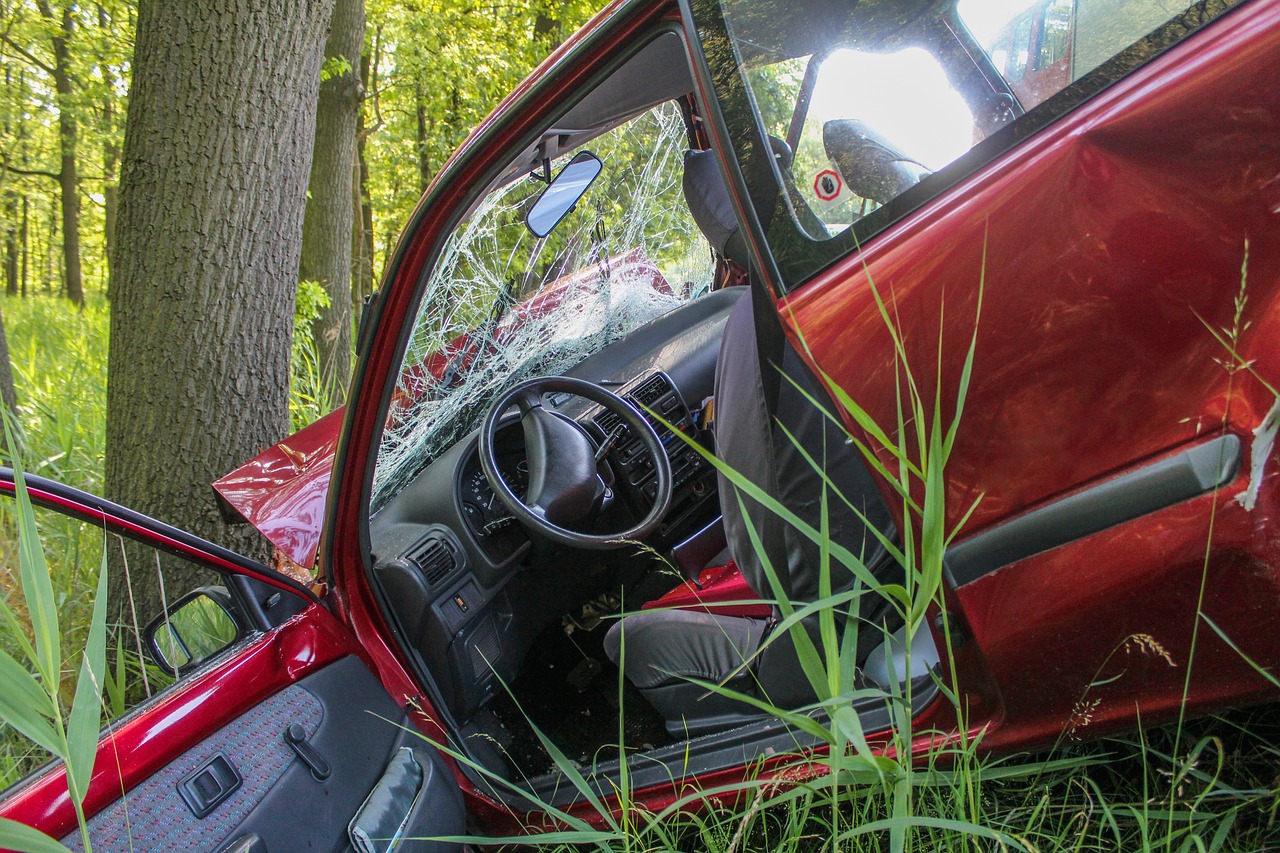
The Significance of Hiring a Car Accident Attorney in South Carolina
Car accidents are a common occurrence on South Carolina roads, with factors like heavy traffic, unpredictable weather, and a growing population contributing to these incidents. Following a car accident, victims often find themselves dealing with injuries, emotional trauma, property damage, and the complexities of insurance claims. In such trying times, consulting a car accident lawyer in South Carolina becomes crucial for protecting one’s rights and ensuring adequate compensation. Comprehending the Situation of Automobile Collisions in South Carolina South Carolina has a high rate of vehicle collisions, with the South Carolina Department of Public Safety (SCDPS) reporting thousands of car accidents annually. These accidents can range from minor fender benders to serious collisions resulting in severe injuries or fatalities Elements like distracted driving, excessive speed, driving under the influence, and poor weather conditions frequently play a role in these incidents. In 2022, South Carolina recorded thousands of injuries and several hundred deaths due to car accidents. The emotional and financial tolls on victims and their families can be devastating. Therefore, understanding the structure of car accident laws in South Carolina is vital. The Legal Framework for Car Accidents in South Carolina South Carolina operates under a fault-based system. This means that the driver who is deemed at fault for the accident will be responsible for compensating the injured parties. There are several important aspects of South Carolina’s car accident laws:
- Negligence: To win a personal injury claim, the injured party must prove that the other driver was negligent. This means showing that the other driver failed to act with reasonable care, leading to the accident.
- Comparative Negligence: South Carolina follows a modified comparative negligence rule. This implies that if you are deemed partially responsible for the accident, your compensation could be decreased based on your share of the fault. Nevertheless, if you are determined to be over 50% at fault, you will not be eligible to claim any damages.
- Statute of Limitations: In South Carolina, car accident victims generally have three years from the date of the accident to file a personal injury claim. Failing to do so within this time frame can result in losing the right to seek compensation.
- Legal Expertise and Knowledge
- Investigation and Evidence Gathering
- Evaluating Damages
- Negotiating with Insurance Companies
- Trial Experience
- Contingency Fee Structure
- Experience and Specialization: Look for a lawyer who specializes in personal injury and has a proven track record in handling car accident cases.
- Reputation and Reviews: Research client testimonials, online reviews, and the lawyer’s reputation within the local community.
- Communication Style: Effective communication is crucial. Choose a lawyer who takes the time to listen to your concerns, answer your questions, and keep you informed throughout the process.
- Fee Structure: Discuss the lawyer’s fee structure upfront. Understanding the contingency fee agreement and any potential costs involved will help prevent misunderstandings later on.
- Consultation: Most car accident lawyers offer free initial consultations. Take this opportunity to discuss your situation, evaluate the lawyer’s approach, and determine if they are the right fit for you.
- Seek Medical Attention: Prioritize your health and well-being. Even if you feel Okay, some injuries may not show symptoms immediately.
- Document the Scene: Gather evidence at the accident scene. Take pictures, share details with the other driver, and gather contact information from bystanders.
- Report the Accident: File a report with local law enforcement and obtain a copy for your records.
- Contact a Lawyer: After ensuring your safety, consult with a car accident lawyer. They can provide guidance on the next steps to take regarding your claim.
- Notify Your Insurance Company: Report the accident to your insurance provider, but avoid giving detailed statements without consulting your lawyer first.
- Keep Records: Maintain a detailed record of all medical treatments, expenses, and any communication related to the accident.

